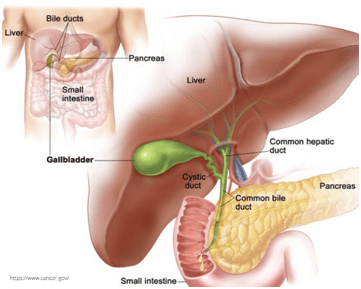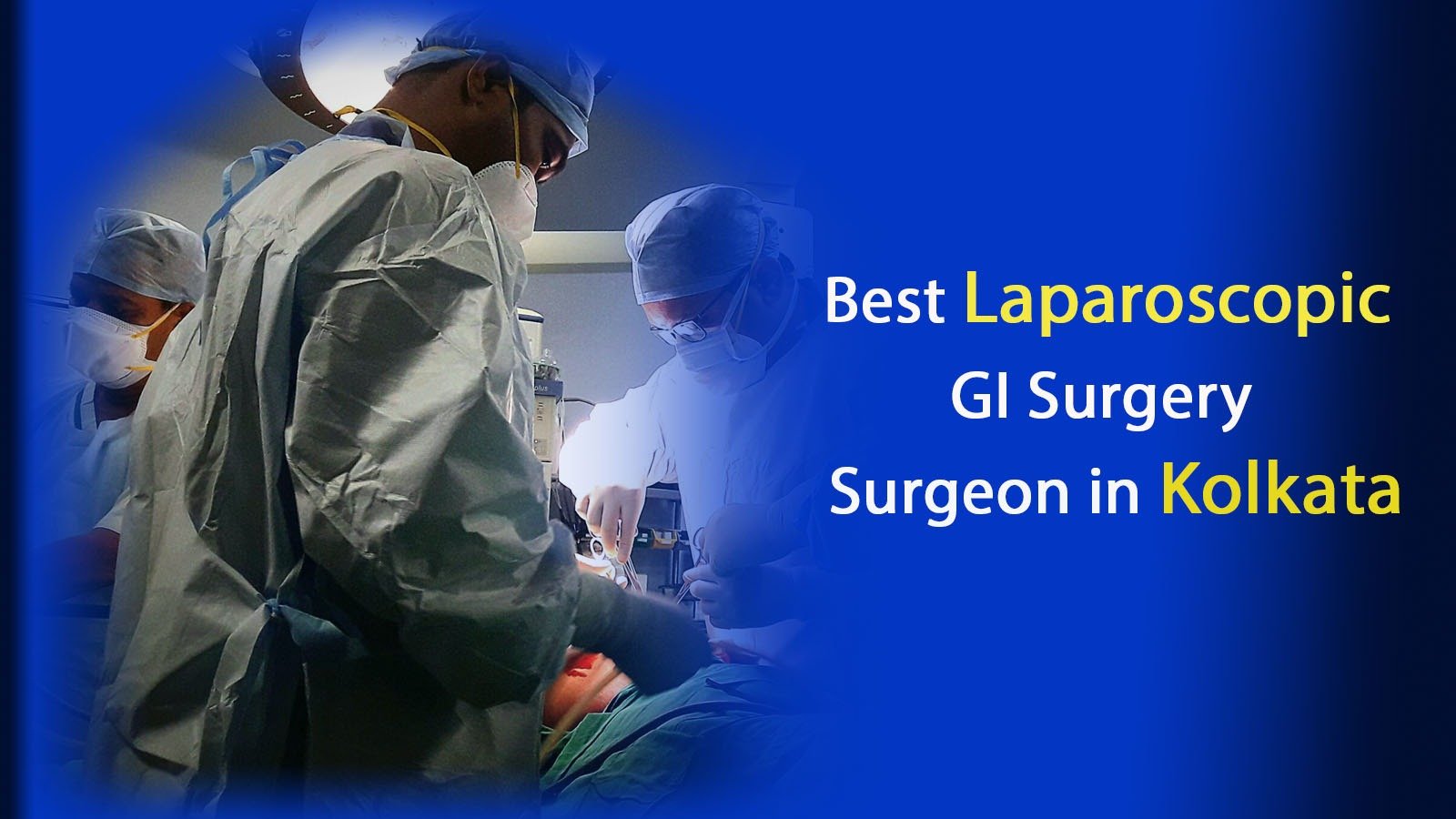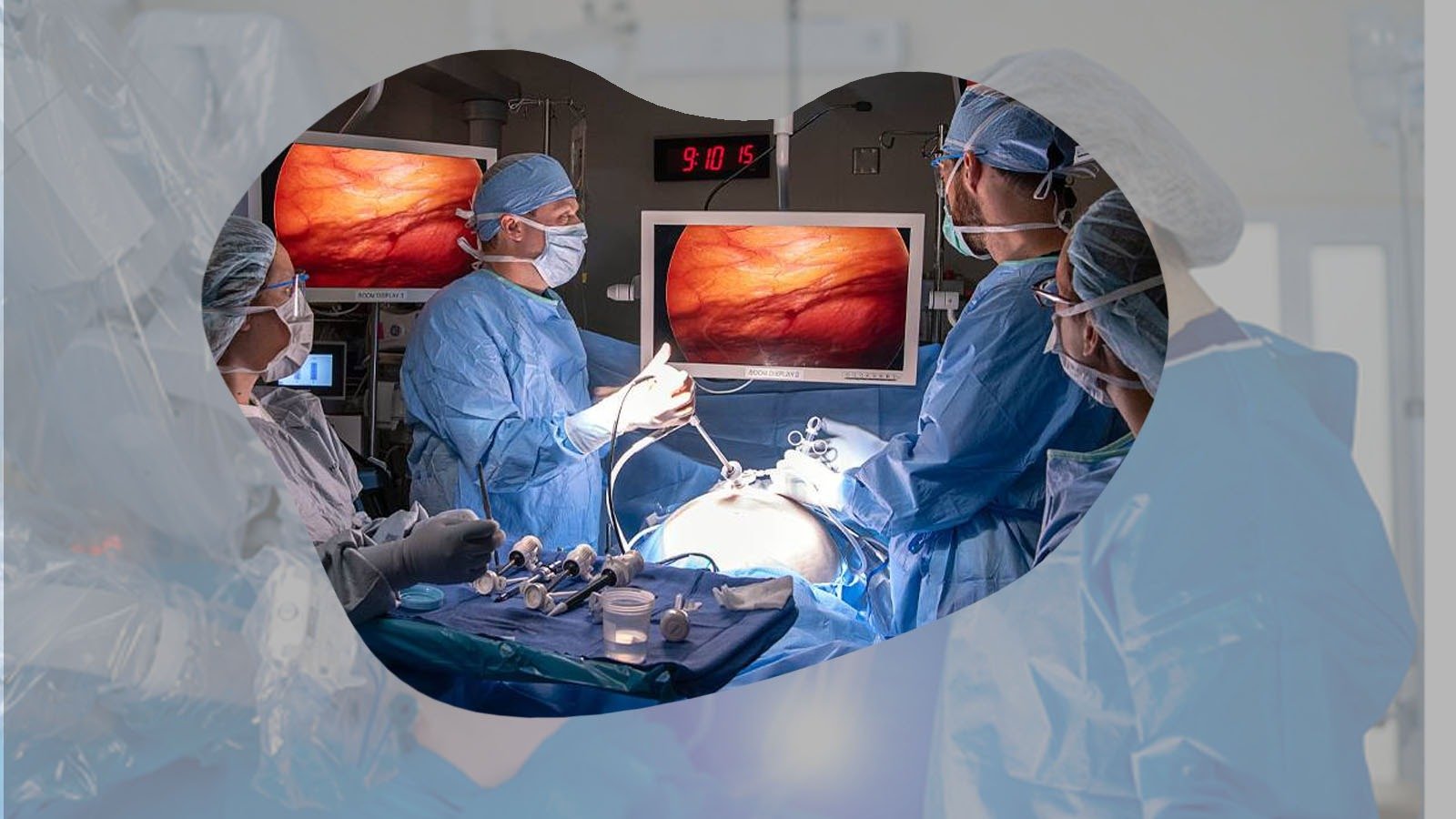Gallbladder stones, also known as gallstones, are a common medical condition that can have a significant impact on your digestive health. Although they often go unnoticed, gallstones can lead to severe pain, digestive issues, and complications if left untreated. In this blog, we will explore what gallstones are, how they form, their symptoms, how they affect digestive health, and the various treatment options available.
Understanding Gallstones
Gallstones are hard deposits that form in the gallbladder, a small organ located beneath the liver. The gallbladder’s primary function is to store bile, a digestive fluid produced by the liver that helps break down fats in the small intestine. When the balance of substances in bile is disrupted, such as cholesterol, bile salts, and bilirubin, gallstones can form. These stones can vary in size, from as small as a grain of sand to as large as a golf ball.

Types of Gallstones
There are two main types of gallstones:
- Cholesterol Stones: These are the most common type of gallstones, accounting for about 80% of cases. They form when there is too much cholesterol in the bile, which the gallbladder is unable to dissolve.
- Pigment Stones: These stones form when there is an excess of bilirubin, a substance produced when red blood cells are broken down. Conditions such as liver cirrhosis, infections, or certain blood disorders can cause high bilirubin levels, leading to pigment stones.
Causes of Gallstones
Several factors contribute to the formation of gallstones, including:
- Obesity: Excess body weight increases cholesterol levels in bile, making it more likely for gallstones to form.
- High Cholesterol Diet: A diet high in fats and cholesterol, but low in fiber, can increase the risk of gallstones.
- Rapid Weight Loss: Losing weight too quickly can cause an imbalance in bile, leading to gallstone formation.
- Diabetes: People with diabetes often have higher levels of triglycerides, which can contribute to the formation of gallstones.
- Genetics: If gallstones run in your family, you may be at a higher risk of developing them.
- Age and Gender: Women, especially those over the age of 40, are more likely to develop gallstones due to hormonal changes that affect bile composition.

Symptoms of Gallstones
Many people with gallstones may not experience any symptoms, and the condition may only be discovered during an unrelated medical test or procedure. However, when gallstones block the bile ducts, it can lead to intense pain and other digestive problems.
Common symptoms include:
- Severe Pain: Known as a gallbladder attack, this pain typically occurs in the upper right abdomen and may radiate to the back or right shoulder blade. The pain is often triggered after eating a fatty meal and can last for several hours.
- Nausea and Vomiting: Gallstone attacks can cause nausea, vomiting, and an overall feeling of discomfort.
- Indigestion and Bloating: Frequent episodes of indigestion, gas, and bloating can be a sign of gallstones affecting digestion.
- Jaundice: If a gallstone obstructs the bile duct, it can cause a buildup of bilirubin, leading to yellowing of the skin and eyes, a condition known as jaundice.
- Fever and Chills: If the gallbladder becomes inflamed or infected due to blocked bile ducts, it may cause a fever and chills, indicating a more serious condition.

How Gallstones Affect Digestive Health
The gallbladder plays a crucial role in digestion by releasing bile into the small intestine to aid in fat digestion. When gallstones obstruct the bile ducts, the flow of bile is disrupted, which can negatively impact your digestive health.
Digestive Complications
- Biliary Colic: This is a condition characterized by sharp abdominal pain when gallstones temporarily block the bile duct. Biliary colic can cause severe discomfort and requires prompt medical attention.
- Acute Cholecystitis: This occurs when a gallstone gets lodged in the gallbladder, causing inflammation. Symptoms include severe pain, fever, and tenderness in the abdomen. Left untreated, acute cholecystitis can lead to infection and even rupture of the gallbladder, which is a medical emergency.
- Pancreatitis: Gallstones can also block the pancreatic duct, leading to inflammation of the pancreas. Pancreatitis is a serious condition that causes severe abdominal pain, fever, and vomiting. It can be life-threatening if not treated promptly.
- Gallstone Ileus: In rare cases, a large gallstone can pass into the intestines, causing a blockage. This can lead to severe abdominal pain, vomiting, and constipation and may require emergency surgery.

Diagnosis of Gallstones
If you experience symptoms of gallstones, your healthcare provider will likely perform tests to confirm the diagnosis. Common diagnostic methods include:
- Ultrasound: This is the most common test used to detect gallstones. It uses sound waves to create images of the gallbladder and bile ducts.
- CT Scan: A CT scan can provide detailed images of the gallbladder and detect any stones that may be present.
- Blood Tests: These tests can help determine if there is an infection, inflammation, or liver dysfunction caused by gallstones.
Treatment Options for Gallstones
The treatment for gallstones depends on the severity of the condition and the symptoms you experience. In many cases, gallstones that do not cause symptoms do not require treatment. However, if you experience frequent pain or complications, medical intervention is necessary.
1. Watchful Waiting
If your gallstones are “silent,” meaning they don’t cause symptoms, your doctor may recommend a wait-and-see approach. In such cases, regular monitoring may be required, but treatment may not be necessary unless complications arise.
2. Medications
Oral medications can sometimes dissolve cholesterol gallstones, though this method is not always effective and can take months or even years to work. Medication treatment is often recommended for patients who are not suitable candidates for surgery.
3. Surgery (Cholecystectomy)
Surgical removal of the gallbladder, known as a cholecystectomy, is the most common treatment for gallstones that cause symptoms or complications. There are two main types of cholecystectomy:
- Laparoscopic Cholecystectomy: This minimally invasive procedure involves making small incisions in the abdomen to remove the gallbladder. Most patients can return home the same day or within a day or two after surgery, and recovery is usually quick.
- Open Cholecystectomy: In cases where the gallbladder is severely inflamed or infected, an open surgery may be required. This involves a larger incision and a longer recovery time.
4. Endoscopic Retrograde Cholangiopancreatography (ERCP)
This procedure is used to remove gallstones from the bile ducts. A flexible tube with a camera is inserted through the mouth into the bile ducts, allowing the surgeon to locate and remove the stones without removing the gallbladder.
Preventing Gallstones
While it’s not always possible to prevent gallstones, there are steps you can take to reduce your risk:
- Maintain a Healthy Weight: Obesity is a major risk factor for gallstones, so maintaining a healthy body weight through a balanced diet and regular exercise can help reduce your risk.
- Avoid Rapid Weight Loss: Losing weight too quickly can increase the likelihood of gallstone formation, so aim for a gradual and sustainable weight loss plan.
- Eat a Balanced Diet: A diet rich in fruits, vegetables, and whole grains, and low in cholesterol and unhealthy fats can help prevent gallstones.
- Stay Active: Regular physical activity can improve digestion and reduce the risk of gallstones.

Conclusion
Gallstones can significantly impact your digestive health, leading to pain, discomfort, and serious complications if not properly managed. If you experience symptoms such as severe abdominal pain, nausea, or jaundice, it’s important to seek medical attention promptly.
Take the first step towards a healthier life with confidence. 💪
For consultations, reach out today!
📞 9830088321
🌐 www.drpallabsahasurgeonkolkata.com
📧 drpallabsaha20@gmail.com
By addressing gallstone issues early, you can maintain better digestive health and prevent further complications.




